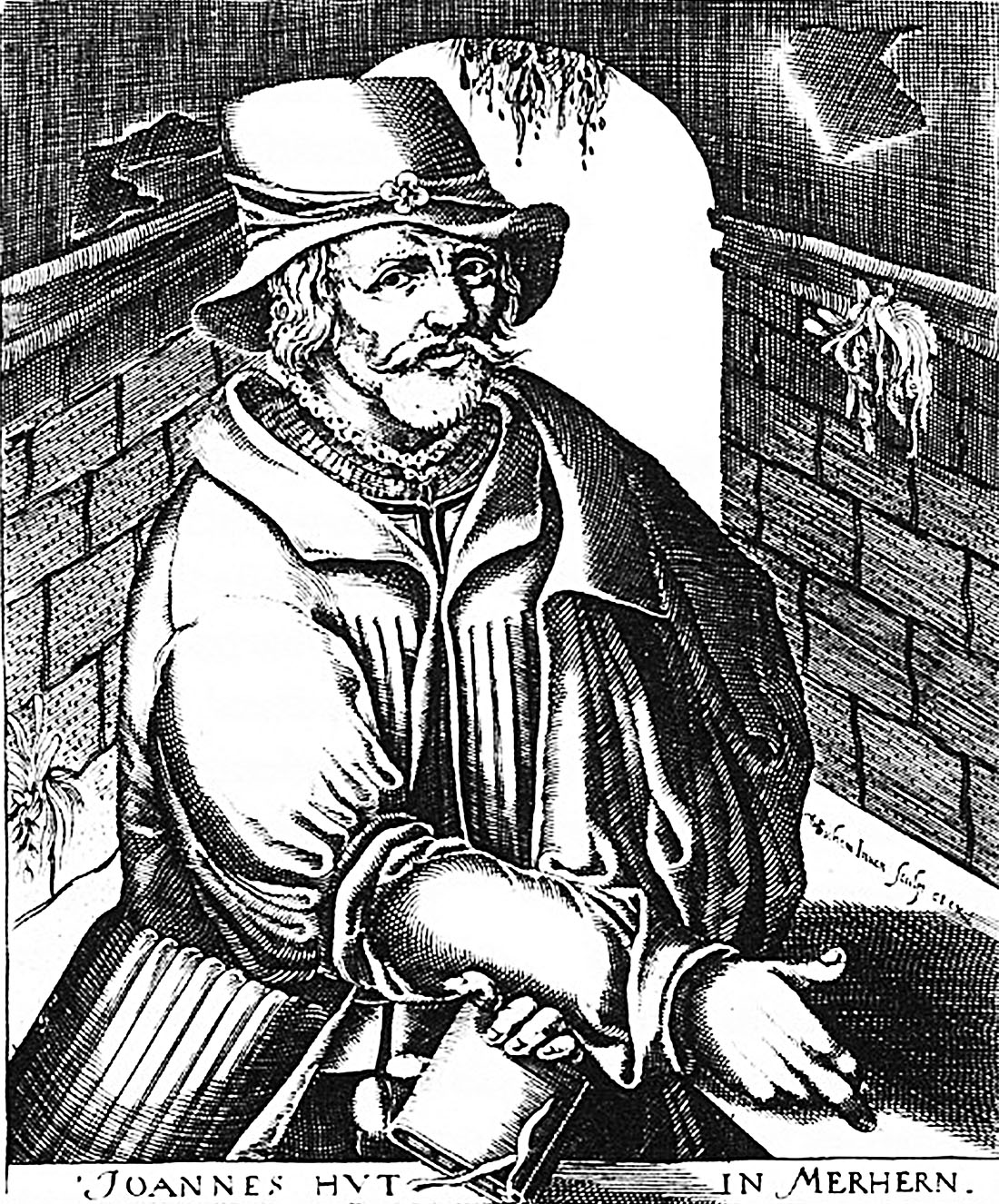|
Gleicherwiesen
Gleicherwiesen in Thuringia is a part of the town Römhild. History First mentioned in 1100 under the name ''Glychon'', in 1182 ''Glychon an der Wysen'' (today Gleicherwiesen) and ''Glychon am Berg'' (today Gleichamberg) are referenced. Over much of history, the village was under control of von Bibra The House of Bibra () was one of the leading '' Uradel'' (ancient noble) families in Franconia (northern part of Bavaria) and present day Thuringia from the mid-15th century to about 1600. Later on the family rose from ''Reichsri ... family (c.1356 - 1850). Much of the manor house still exists. The village received the right to hold a market in 1743 and commerce flourished. Before World War I, about one third of the population was Jewish. A Jewish cemetery is outside of town. The church, which stands somewhat in the middle of the village, was built onto the tower in 1843. Coat of arms The beaver is the symbol of the von Bibra (Bibra is old German word for be ... [...More Info...] [...Related Items...] OR: [Wikipedia] [Google] [Baidu] |
Von Bibra
The House of Bibra () was one of the leading ''Uradel'' (ancient noble) families in Franconia (northern part of Bavaria) and present day Thuringia from the mid-15th century to about 1600. Later on the family rose from ''Reichsritter'' (Imperial Knights) to ''Reichsfreiherr'' (Barons of the Holy Roman Empire). After the Holy Roman Empire dissolved, they were made ‘’Freiherr’‘ (Barons) of Bavaria and Bohemia. History The earliest references to the family include a document of Bishop Otto of Bamberg from the year 1119 of a ''Rupertus de Bibra''. In 1151 a ''Pertholdus (Berthold) de Bibra'' and his sons ''Pertholdus (Berthold)'' and ''Tagino'' are referenced in another document. The family prospered in numbers, wealth, and influence in the 15th century and early 16th century. By the time of Siebmachers Wappenbuch of 1605, the family is listed as the most important family of Franconia under the rank of Freiherr. By 1600 most of the family died off without hei ... [...More Info...] [...Related Items...] OR: [Wikipedia] [Google] [Baidu] |
Römhild
Römhild () is a town in the district of Hildburghausen, in Thuringia, Germany. It is situated 14 km west of Hildburghausen, and 21 km southeast of Meiningen. On 31 December 2012, it merged with the former municipalities Gleichamberg, Haina, Mendhausen, Milz and Westenfeld. In the Stadtkirche of Römhild is the tomb of Elisabeth (a daughter of Albrecht III Achilles, Elector of Brandenburg) and Hermann VIII of Henneberg. The grave has sometimes been attributed to Herman Vischer the Younger (c.1486–1517), a member of the Vischer Family of Nuremberg. Sons and daughters of the town * Hans Hut (1490–1527), Anabaptist * Lucas Maius (1522–1598), Protestant theologian and dramatist * Max Saalmüller (1832–1890), Prussian Lieutenant-Colonel and Lepidopterologist * Alfred Götze (1865–1948), Prehistorian Prehistory, also known as pre-literary history, is the period of human history between the use of the first stone tools by hominins 3.3 million years ... [...More Info...] [...Related Items...] OR: [Wikipedia] [Google] [Baidu] |
Thuringia
Thuringia (; german: Thüringen ), officially the Free State of Thuringia ( ), is a state of central Germany, covering , the sixth smallest of the sixteen German states. It has a population of about 2.1 million. Erfurt is the capital and largest city. Other cities are Jena, Gera and Weimar. Thuringia is bordered by Bavaria, Hesse, Lower Saxony, Saxony-Anhalt, and Saxony. It has been known as "the green heart of Germany" () from the late 19th century due to its broad, dense forest. Most of Thuringia is in the Saale drainage basin, a left-bank tributary of the Elbe. Thuringia is home to the Rennsteig, Germany's best-known hiking trail. Its winter resort of Oberhof makes it a well-equipped winter sports destination – half of Germany's 136 Winter Olympic gold medals had been won by Thuringian athletes as of 2014. Thuringia was favoured by or was the birthplace of three key intellectuals and leaders in the arts: Johann Sebastian Bach, Johann Wolfgang von Goethe, and Fried ... [...More Info...] [...Related Items...] OR: [Wikipedia] [Google] [Baidu] |


